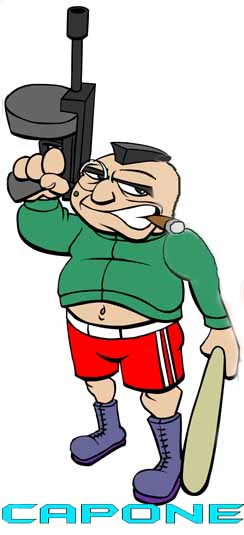Ain't It Cool News (www.aintitcool.com)
Movie News
Five years later, Capone again chats with Julie Delpy about her latest film 2 DAYS IN NEW YORK!!!
Hey everyone. Capone in Chicago here.
Readers Talkback
Top Talkbacks
- Check Out This Clip from PITCH PEOPLE! -- 3 total posts 2
- Barbarella Talks With Best-Selling Author ADELE PARKS About THE IMAGE OF YOU! -- 1 total post 1
- THE IMAGE OF YOU Director JEFF FISHER Chats with Barbarella -- 1 total post 1
- WIN a Signed Copy of Best-Selling Novel THE IMAGE OF YOU!! -- 1 total post 1

